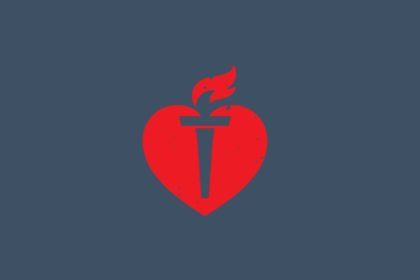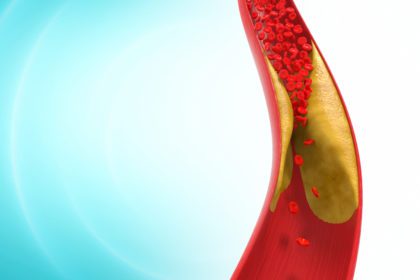Not long ago, heart attacks were primarily a problem for older adults, but today, one in five heart attacks strike people who are younger than 40 years of age. Having a heart attack in your 20s or early 30s is now more common, and many are unaware of their risk. In this segment, I explain who’s at risk and how to prevent or delay it. See My ♥ Story.
Risk Factors That Contribute to the Increase in Young Adult Heart Attacks
- High blood pressure – If your blood pressure is too high for too long, it can damage your arteries). In other words, managing blood pressure when you’re younger really matters.
- Obesity – Obesity is on the rise in all age groups. More than half of young adults (56%) are either obese or overweight. The rate of obesity has doubled over the past 30 years.
- Diabetes – If you have diabetes, you are twice as likely to have heart disease compared to someone without diabetes. It is no longer a disease for older people.
- High Cholesterol – Having high cholesterol as a young adult increases the risk of cardiovascular events compared to those that develop high cholesterol later in life, which primes young adults for a heart attack.
- Family History – Knowing your family history could indicate your risk for a heart attack, but also the timing of your risk.
- Substance Abuse – Cannabis, cocaine, tobacco, methamphetamine, alcohol, and opiod abuse
- Mental Health Issues – Young adults with depression or overall poor mental health report more heart attacks, strokes, and risk factors for cardiovascular disease.
How Prevalent is Heart Disease in Children?
- In a study of young American children, over 50% of children aged 10-14 years showed evidence of early heart disease (fatty streaks and plaque accumulated in the arteries).
- Risk factors for heart disease in children are the same as for young adults.
Overweight Children Often Become Overweight Adults
- Generally, overweight children are inactive.
- Inactivity at any age can result in developing chronic diseases, such as obesity, type 2 diabetes, high blood pressure, and coronary artery disease.
How Do You Lower Heart Attack Risk as a Young Adult?
- Measure and monitor blood pressure – Young adults often don’t do this because they feel good. High blood pressure is a silent killer. Seek medical care if it’s high.
- Be aware of what you eat.
- Be aware of how much you exercise and how much time you spend sitting. Wear a pedometer and track daily steps. A sedentary lifestyle is a leading culprit to heart attacks in young adults.
- Start healthy habits when young. Inactivity can lead to lifelong habits. See Managing Childhood Heart Disease.





